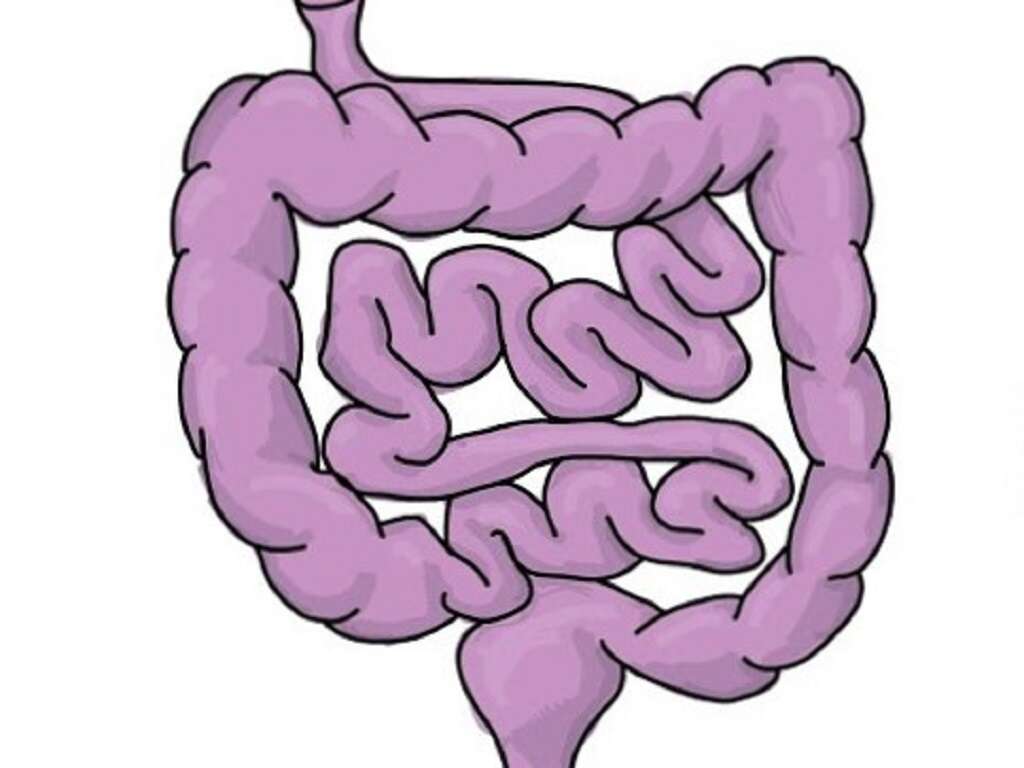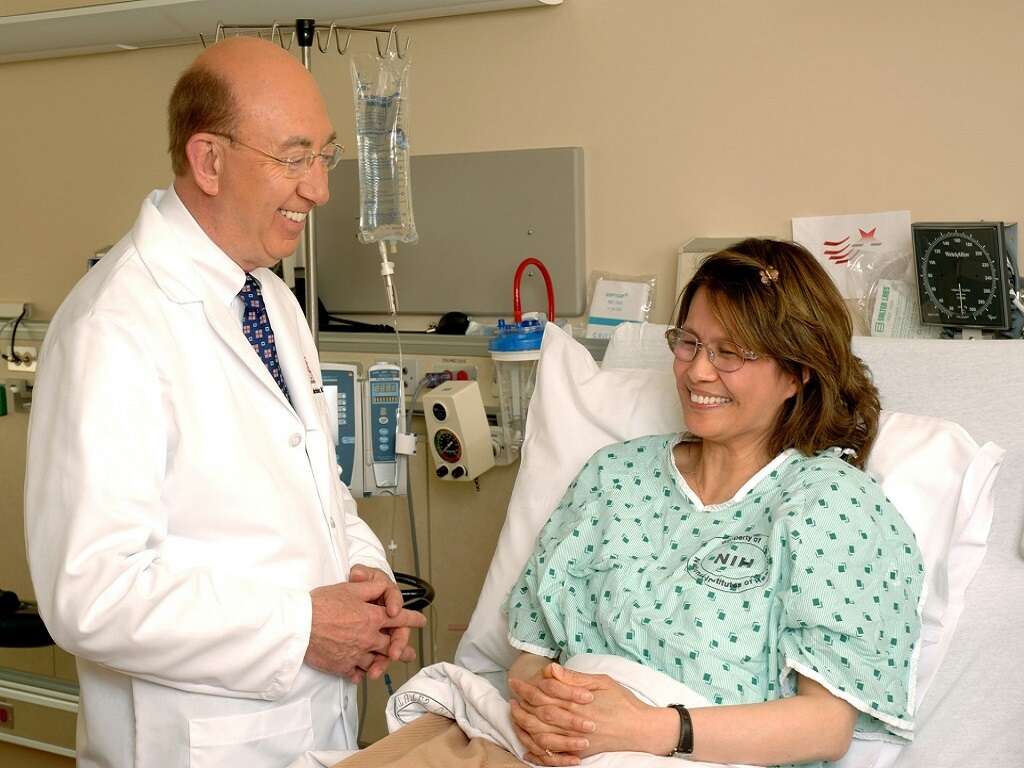10 Home Remedies For Nausea
Nausea is a common problem that affects millions of people at different times. It is especially common in pregnant women and is one of the first signs of pregnancy. Studies estimate that between 50 and 90 percent of all pregnant women get nausea during the early stages of pregnancy.
Nausea can easily lead to malnutrition because, in many instances, it is accompanied by vomiting. It also reduces the urge to eat or drink.
If you are affected, you can consult a doctor to prescribe medication to relieve nausea. Alternatively, you can manage the condition with home-based solutions. Here are 10 home remedies for nausea that you can use to relieve the problem.

Home Remedy #1: Breathe Slowly and Deeply
An easy approach to controlling nausea is to breathe slowly and deeply. When signs of nausea appear, stand or sit still. Take a slow and deep breath through the nose to the count of three. Do not be quick to breathe out. Instead, hold your breath to another count of three. Thereafter, release your breath slowly through the mouth over a count of three.
If necessary, you can repeat this breathing exercise three or four times and you will be amazed how effective this can be at relieving nausea. Many research studies have found that slow, controlled breathing helps to reduce nausea in about 62 percent of the cases.

Home Remedy #2: Ginger
Ginger is a timeless home remedy for the treatment of various conditions including nausea. Several studies have found that ginger contains highly potent anti-nausea properties that are effective for pregnant women and patients receiving cancer treatment. In fact, some studies report that ginger is as effective as conventional treatments in controlling nausea.
Chemical substances in ginger such as gingerol and shogaol are responsible for its anti-nausea properties. These compounds work by interacting with several chemical pathways such as serotonin and substance P involved in triggering nausea. Eating 500–1500 mg of ginger can act as treatment or offer preventive support against nausea.

Home Remedy #3: Get Fresh Air
A quick step toward getting relief from nausea is getting plenty of fresh air. A stuffy environment within which air does not flow freely is a common precursor to a bout of nausea. It can also worsen a case of nausea.
When you move to an open space with good air circulation, the unpleasant smell or scent that may have provoked the nausea drifts away. You are also able to breathe in fresh air that is richer in oxygen. Therefore, if you are in the house and you feel nauseated, open the windows and doors to let in fresh air or even step out to the balcony or the backyard.

Home Remedy #4: Take a Whiff of Lemon
You can overcome nausea by the simple act of taking a whiff of a freshly sliced lemon. The citrus smell from lemon has powerful anti-nausea properties. A study found that pregnant women who were asked to inhale lemon oil as soon as they started feeling nausea registered better nausea relief compared to those who inhaled essential oil from almond.
If you are prone to getting attacks of nausea and you need to travel, you can carry a vial of commercially sourced lemon oil for ease of use. Taking a whiff of the oil when you feel the nausea sensation approaching can provide prompt relief.

Home Remedy #5: Aromatherapy with Essential Oils such as Peppermint
One of the widespread uses of essential oils is to create appealing and soothing aromas that are used to provide relief from certain conditions in a process known as aromatherapy. This property is exploited in the management of nausea using some essential oils such as peppermint.
Some research found that that women who inhaled peppermint oil after undergoing caesarian section experienced lower levels of nausea compared to those who received either conventional medication or a placebo, which is a treatment that does not contain any active drug component. You can use peppermint oil in a number of ways to control nausea. You can inhale the oil from an inhaler or sip it in the form of peppermint tea.

Home Remedy #6: BRAT Diet
The food we eat has a very great influence on either worsening or relieving the symptoms of nausea. Generally, fatty or fat-rich meals have a tendency of increasing the discomfort associated with nausea. The BRAT diet, on the other hand, helps to reduce the nausea sensations. The BRAT diet as the acronym suggests, consists of banana, rice, applesauce, and toast.
The BRAT diet is a recommended combination for people experiencing nausea and abdominal discomfort. These components of the BRAT diet are low in both fiber and fat content. For this reason, they are easily digestible, which removes digestive strain on the stomach. Additionally, because they have a bland flavor with no strong smell, these foods do not elicit nauseating sensations.

Home Remedy #7: Take Vitamin B6 Supplement
Using vitamin B6, also known as pyridoxine, during pregnancy has been shown to improve the sensations of nausea. In fact, there is a general trend toward prioritizing the use of vitamin B6 supplements over conventional medications for nausea among pregnant women. A dose of 200 mg per day can be used without the likelihood of unwanted side effects in pregnancy.
A study conducted among pregnant women who took 25 mg of vitamin B6, three times a day for 3 days revealed the benefits of the supplement in controlling nausea. In comparison, the group of women who received a placebo that did not contain vitamin B6 or any nausea-relieving properties suffered more incidences of nausea.

Home Remedy #8: Avoid Spices and Strong Smells
The sensations associated with nausea can be worsened by some specific scents and flavors. These may vary from person to person. Therefore, identifying early on which smells you are uncomfortable with can help in overcoming this unpleasant feeling.
If you live with other people, it is good let them know of your problem so that they may offer support, especially during pregnancy. You may also have to change your perfume or suspend the use of some of your favorite spices until you recover from nausea. If you find yourself exposed to any of the offending smells or scents, you should quickly find a place with fresh air.

Home Remedy #9: Eat Smaller Meals
When nausea strikes and lingers for some time, you may need to change your eating patterns. Such adjustments can be an important step in managing this unpleasant condition. Apart from choosing meals that have less fat, reducing the portions of your food is vital.
Instead of eating your usual full portion size of a meal, break it up into smaller portions that you can spread throughout the day. This way, you reduce the distension of your stomach and hence the urge of throwing up. Additionally, you should avoid taking drinks with your food as this often worsens the feelings of nausea.

Home Remedy #10: Apply Acupressure to the Inner Frontier Point on the Wrist
Acupressure is a form of Chinese traditional medicine practice that is effective in the management of various conditions including nausea. In this method, pressure is applied to specific points within the body to stimulate nerves and thereby get some relief.
In the case of nausea, acupressure is applied to the inner frontier on the wrist below the joint of your forearm and hand. The procedure is very easy to perform: simply press this point using your thumb for a minute, then release. Turn to the other wrist and do the same. Repeat the procedure when necessary. Studies have reported impressive nausea relief by this method, comparable to the use of anti-nausea medication.












